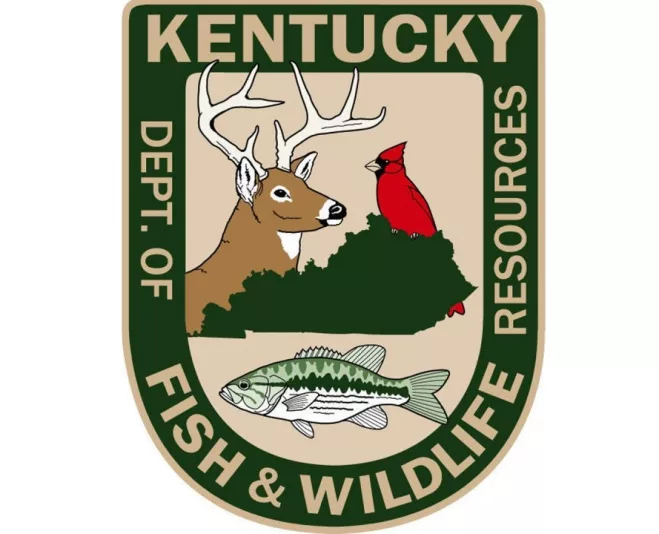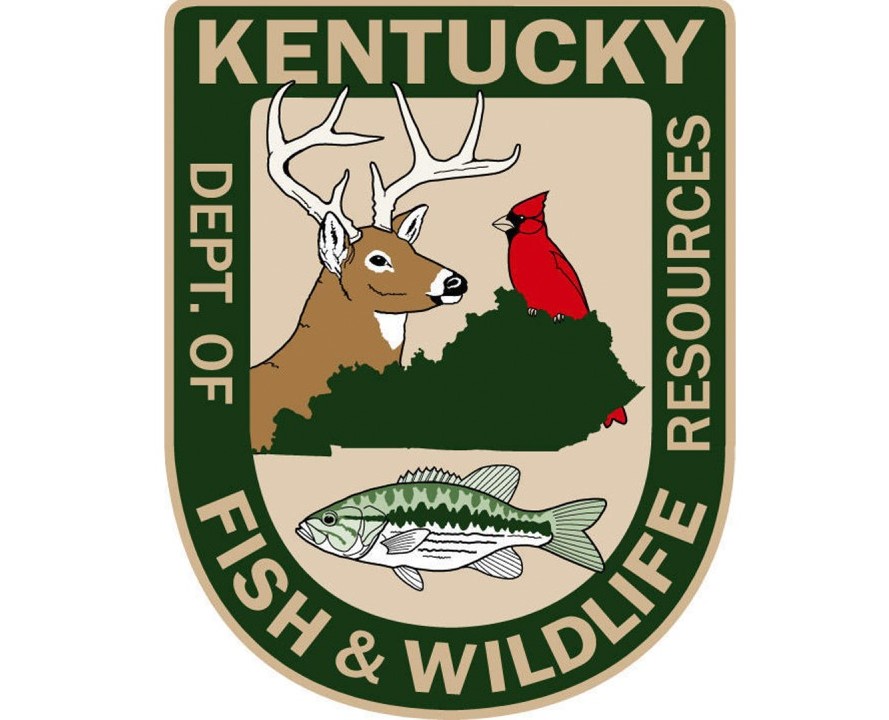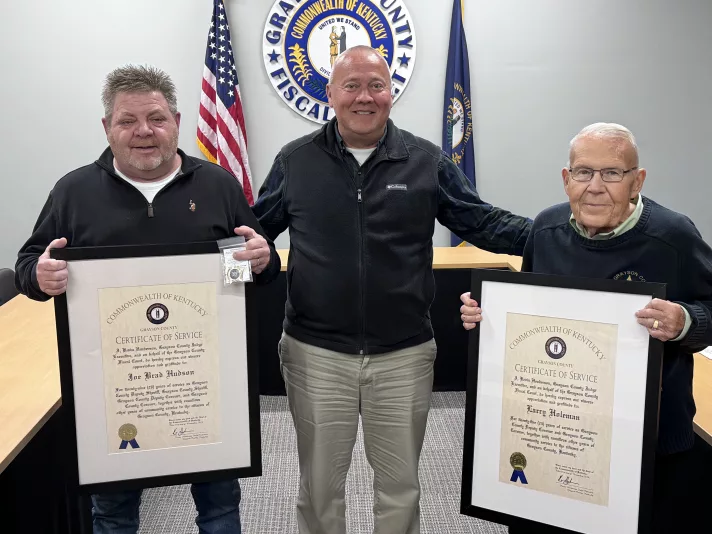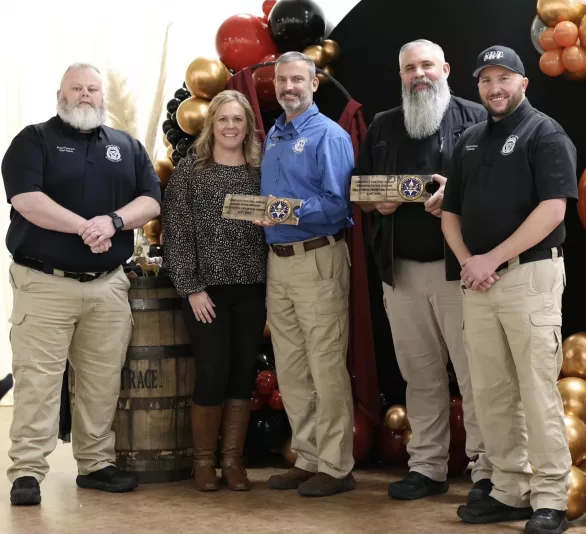
In an effort to stop or limit disease spread among wild deer, special restrictions on baiting, carcass transportation and deer rehabilitation are now in effect in Breckinridge, Hardin and Meade counties after the establishment of a Chronic Wasting Disease (CWD) Surveillance Zone.
Following a recent detection of CWD in a deceased captive deer in Breckinridge County, the Kentucky Fish and Wildlife Commission held a special-called video teleconference meeting on October 22 and voted to establish the CWD Surveillance Zone in the three counties.
The measure passed by a majority vote after a lengthy discussion.
“We know it’s a difficult decision and it’s not one that we take lightly,” commission chair Josh Lillard said after the vote. “We will definitely continue to work with the department to get the answers that we need to have, and if there’s something that we find out that we can do different down the road we will definitely make those changes. All I can ask is that the sportsmen and women of the commonwealth, you do everything you can to help us get the samples we need so we can really understand more about CWD in the surveillance zone area.”
No changes to deer hunting seasons or bag limits are planned for the three counties, and there will be no targeted removal of deer in the area by Kentucky Fish and Wildlife.
Grain, feed, mineral blocks, salt blocks, and other baits used to attract deer or other wildlife cannot be used in the new three-county zone. Bird feeders in yards, planted food plots and normal agricultural practices such as mineral blocks or feed for cattle are allowed. Hunters can use products that are not ingested by deer, such as scent attractors and deer urine products.
Carcasses or high-risk parts of deer harvested within a CWD Surveillance Zone county may not be taken outside of the three counties. Only de-boned meat, antlers, antlers attached to a clean skull cap, a clean skull, clean teeth, hides and finished taxidermy products may be taken out of the surveillance zone. Deer carcasses from outside the surveillance zone are allowed to be brought into the zone.
The rehabilitation of deer or any other cervid in the surveillance zone also is prohibited in counties subject to surveillance zone restrictions.
Chronic Wasting Disease is caused by abnormal proteins called prions and it affects white-tailed deer, elk and other animals in the deer family. There is no known cure or vaccine, and the disease is always fatal in infected animals. The disease is not known to be transmissible to people, but as a precaution the Centers for Disease Control and Prevention recommends not consuming meat from deer that test positive for the disease. Kentucky Fish and Wildlife always recommends not consuming meat taken from animals that appear to be sick or in poor condition.
Hunters can aid Kentucky Fish and Wildlife’s statewide monitoring efforts by dropping off the heads of legally harvested and telechecked deer for CWD testing and aging at self-serve CWD Sample Drop-Off sites or by signing up for a CWD Sample Mail-in Kit.
This service is provided at no cost to hunters. Detailed location information, instructions and additional resources may be found at the CWD Sample Drop-Off Sites page on the department’s website. Hunters will be promptly notified if a deer they harvested tests positive for CWD.
Drop off locations
Breckinridge County
Yellowbank WMA Office, Grady-Frymire Spur Rd. in Stephensport
Breckinridge Co. Extension Office, 1377 South Hwy 261 in Hardinsburg
Custer General Store, 6058 Hwy 86 in Custer
Irvington Fire Department, 216 1st Street in Irvington
Axtel Boat Ramp, Hwy 79 in McDaniels
Meade County
Flaherty Tractor Company, 3790 Flaherty Rd. in Flaherty
Meade County Extension Office, 1041 Ekron Rd. in Brandenburg
Otter Creek Outdoor Recreation Area, 850 Otter Creek Park Rd. near Brandenburg
Hardin County
Hardin County Extension Office, 111 Opportunity Way in Elizabethtown
By Kentucky Fish and Wildlife and Ken Howlett, News Director









